Often considered to be the healthiest, Olive oil is consumed both raw (in salad) and cooked (in food). Olive oil is the natural oil that is extracted from olives, the fruit plucked from the olive tree. Olive oil, or extra virgin olive oil, is touted to be full of health benefits and has become popular as a healthy choice for cooking.
1. Health benefits of olive oil :
Here are some of the benefits of olive oil:
- Olive oil is rich in healthy monounsaturated fats that can help in reducing bad cholesterol levels in the body.
- Olive oil contains a large number of antioxidants that can help in reducing the risk of chronic diseases.
- Olive oil promotes cardiovascular health and lowers the risk of heart attack and stroke.
- Olive oil may have anti-cancer properties and can help in cancer prevention.
- Olive oil may help to restore healthy blood-brain barrier function to slow the progression of Alzheimer’s.
- Olive oil may reduce the pain of arthritis or another chronic inflammatory condition.
- Olive oil strengthens the immune system and helps you avoid colds.
- Olive oil helps you keep your blood sugar levels stable.
2. Cooking Methods:
Marinating
You can use olive oil for marinating by soaking vegetables, meat or fish in a blend of spices and extra virgin olive oil for a few hours or overnight.
Smoking
High quality or unblended oil is great to heat to smoke point and perfect to give a woody flavour to your food.
Roasting
You can use olive oil that has not been refined to cook vegetables, paneer, meat, poultry items on a stovetop, oven and grill, as well without skewers.
Braising
Meal that has been barbecued and braised in olive oil over embers that may come from olive firewood.
Heating
Olive oil is great to use to heat your meal.
Searing
Hot olive oil is used to grill food to form a crust.
Cooking
Heat-based cooking method that increases food preservation while also making it tastier and more appealing.
Confit
To achieve a softer, more gelatinous texture, cook raw ingredients that have been soaked in olive oil at a very low temperature.
Browning
Increase the flavour of food by adding colour to it by sautéing or frying it in olive oil.
Escabeche
Food can be cooked for an extended length of time in a broth made of extra virgin olive oil, vinegar, wine, and spices.
Frying
Food is quickly cooked at 180°C or higher by immersing it in extra virgin olive oil.
Stewing
Combining the two different cooking methods of sautéing and boiling or roasting in liquid.
Baking
Using dry heat in an oven to bake dough made with olive oil.
Infusing
Olives or their derivatives' soluble components can be extracted using hot water rather than boiling.
Poaching
Dish can be gradually cooked in extra virgin olive oil by gently bringing it to a boil while the fluids from the food aromatize the oil.
Batter
Olive oil can be used to completely coat or seep into food.
Dressing
A technique that involves blending spices and raw extra virgin oil to salad.
Stir-frying
You can use a small amount of extra virgin olive oil to cook food in its own juice at a very low temperature.
Sautéing
You can easily use olive oil for frying your food at a high temperature for a short time.
Sweating
You can cook vegetables or meats slowly in extra virgin olive oil, so that they release water, and blend their juices in the oil.
Find out Meyer's best cookware here:

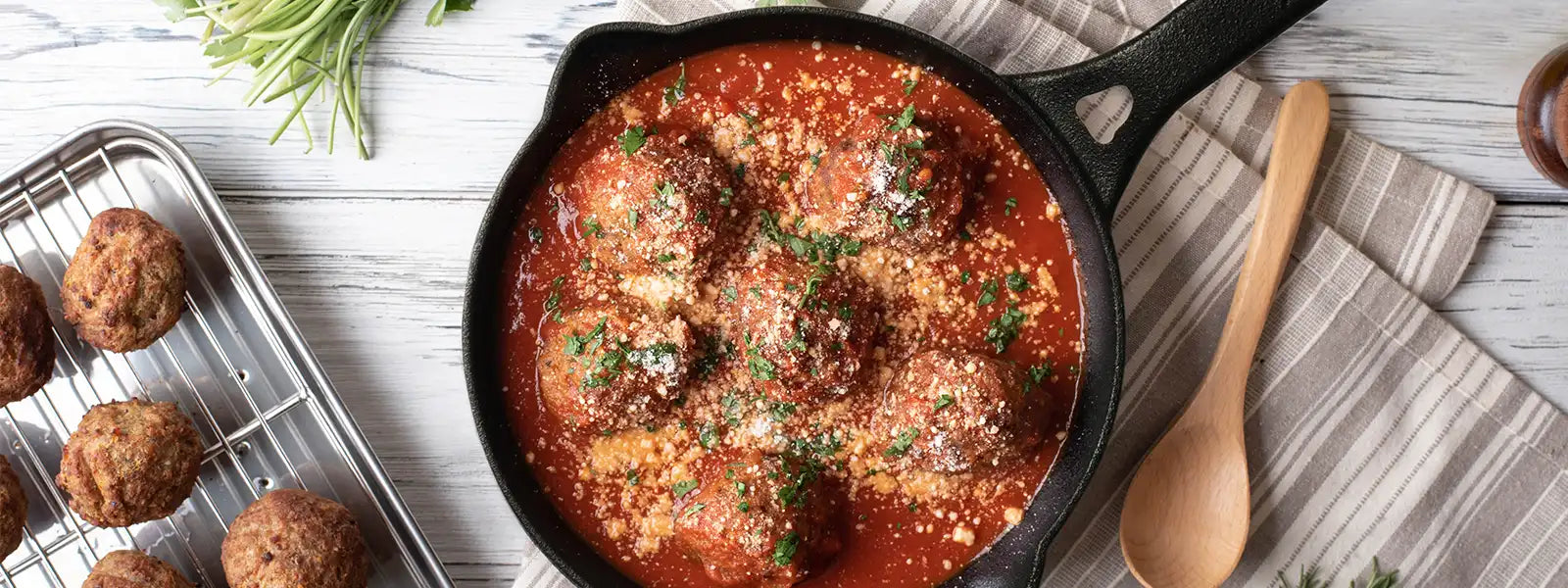
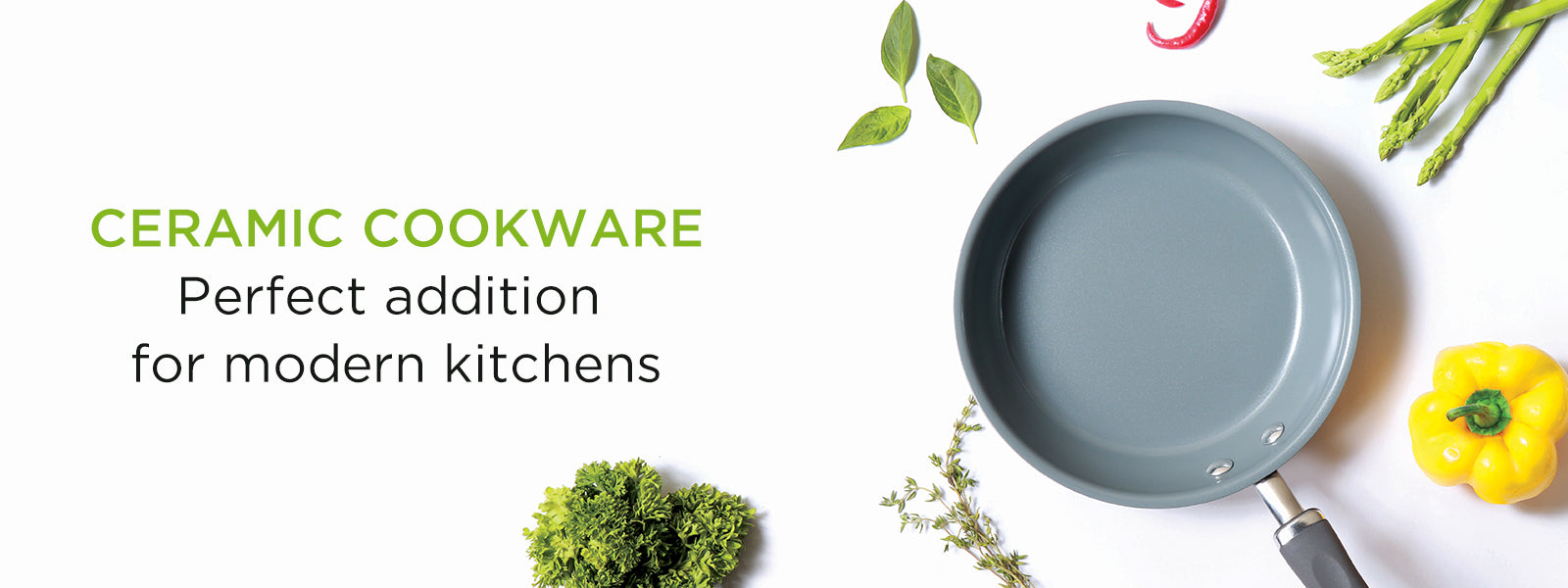
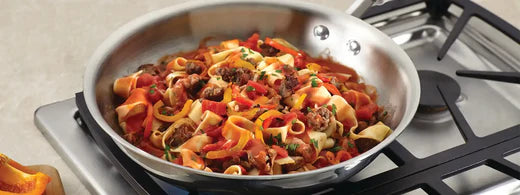
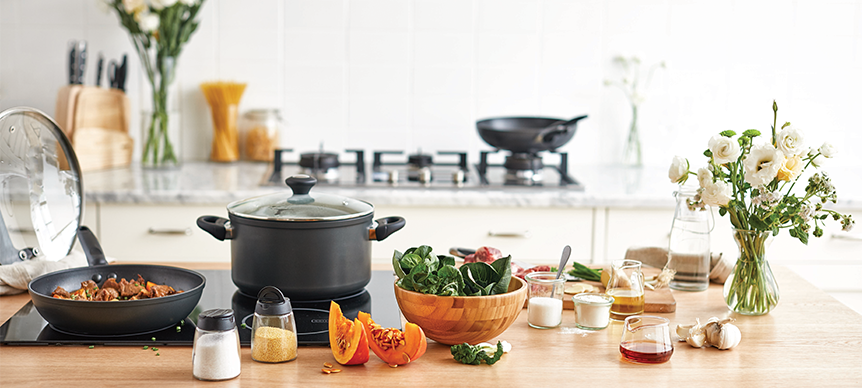
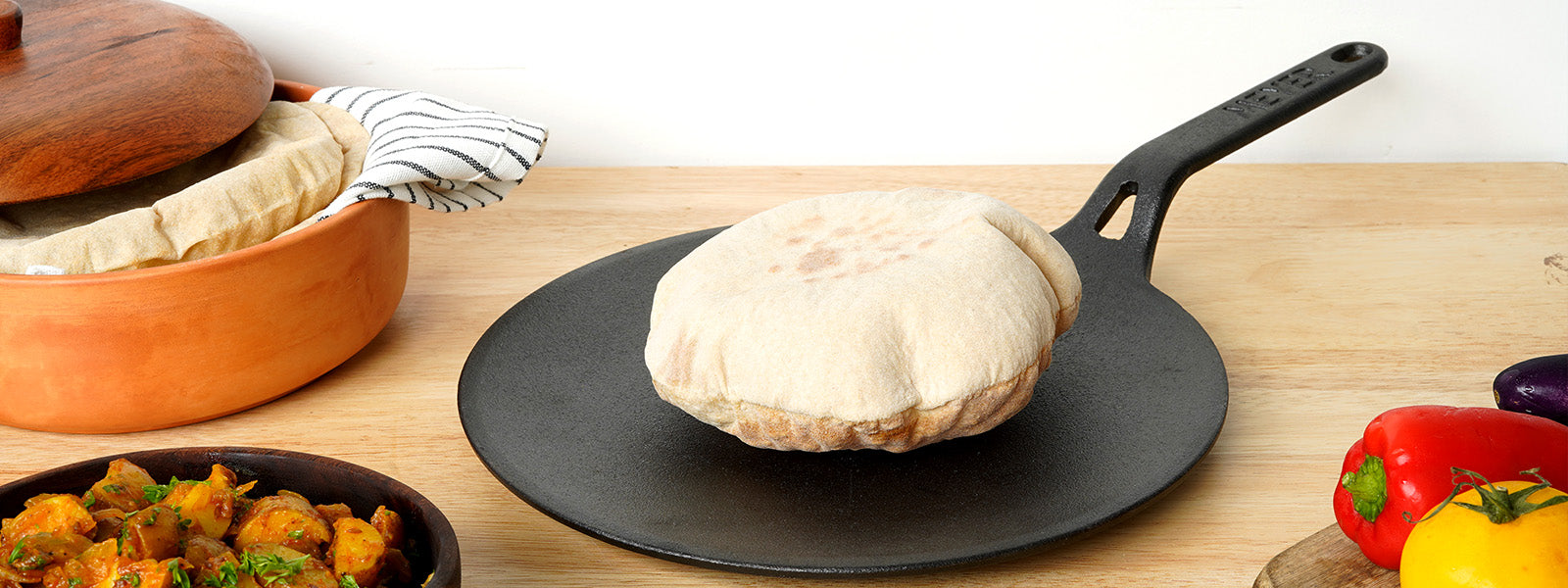
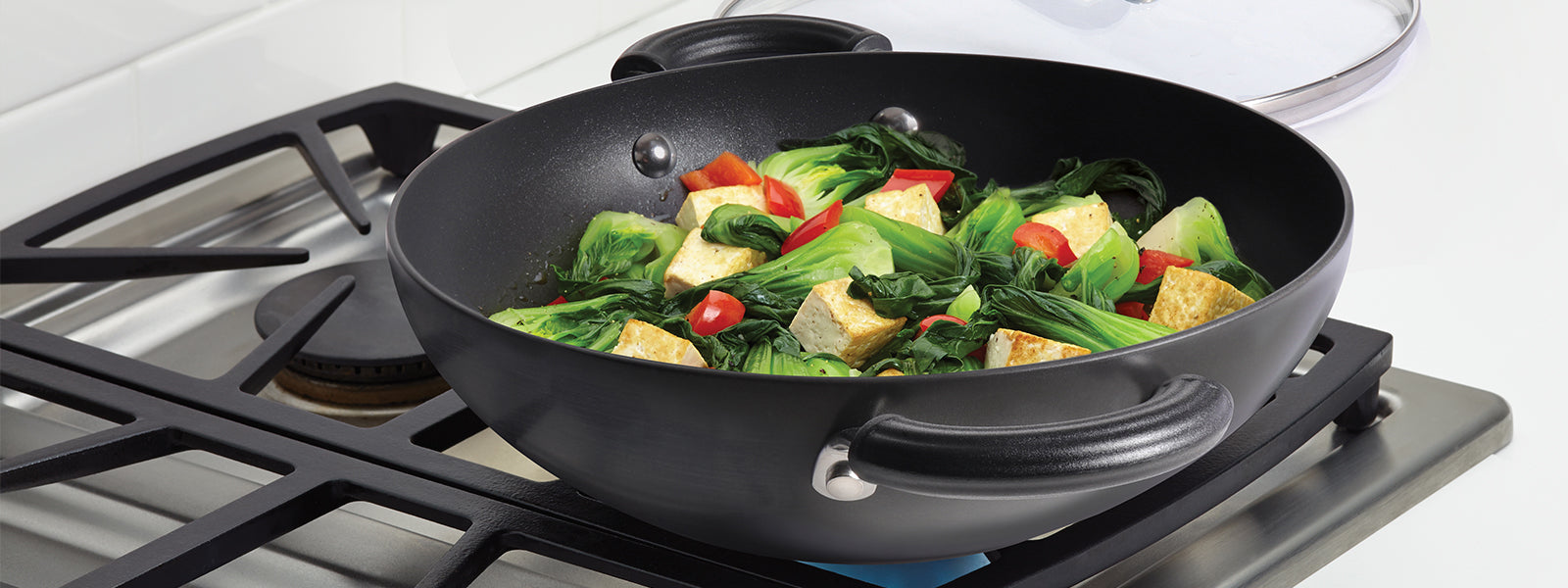
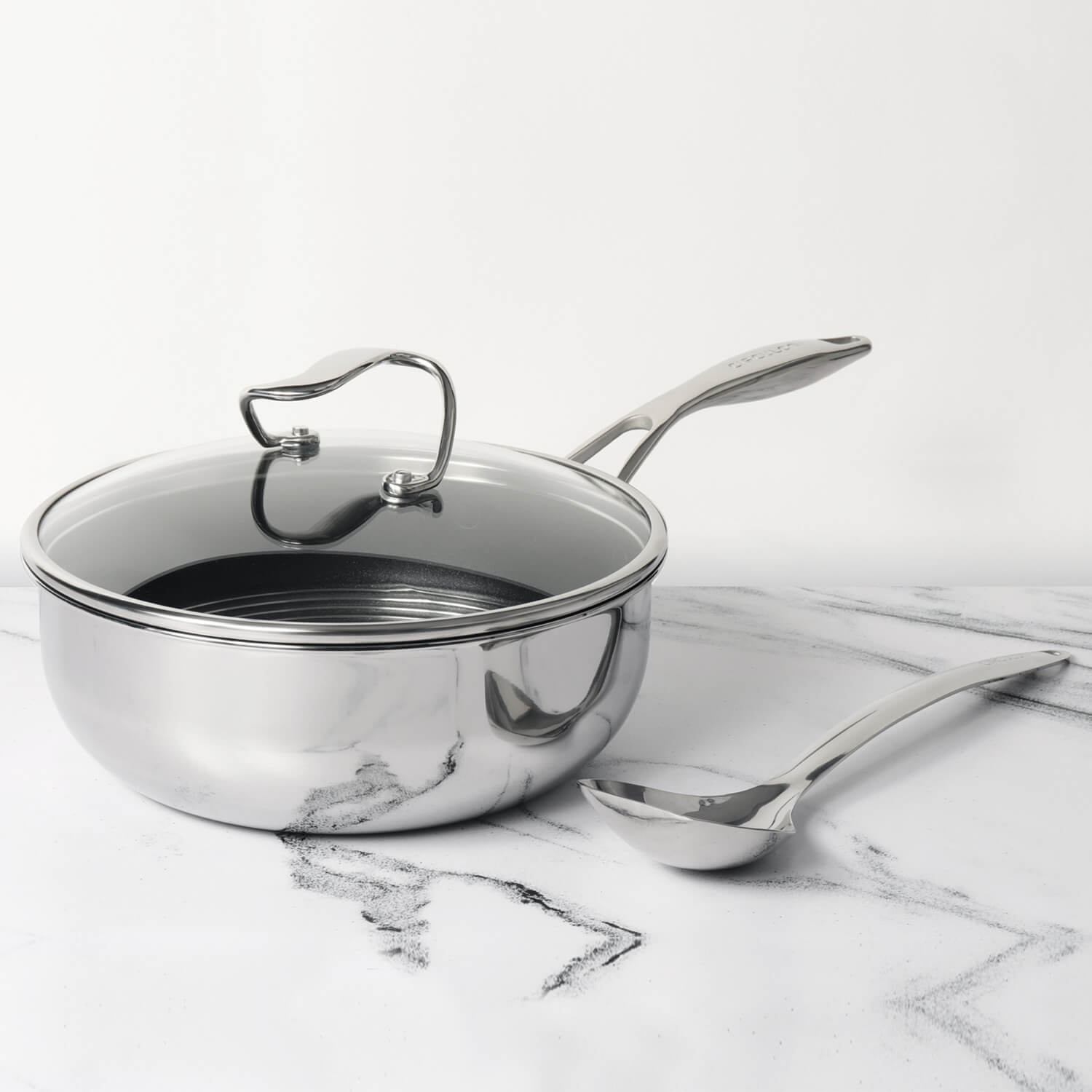
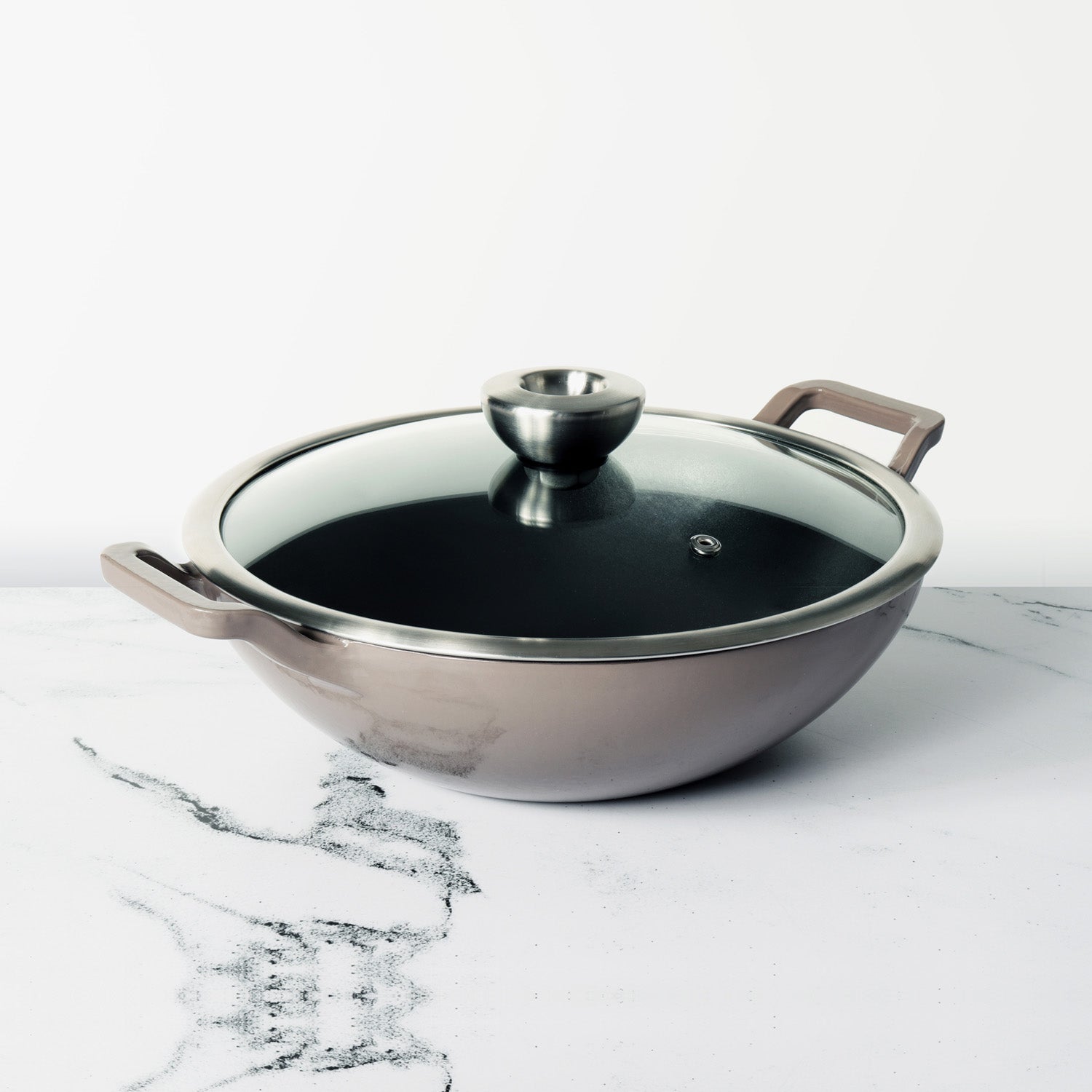




Leave a comment